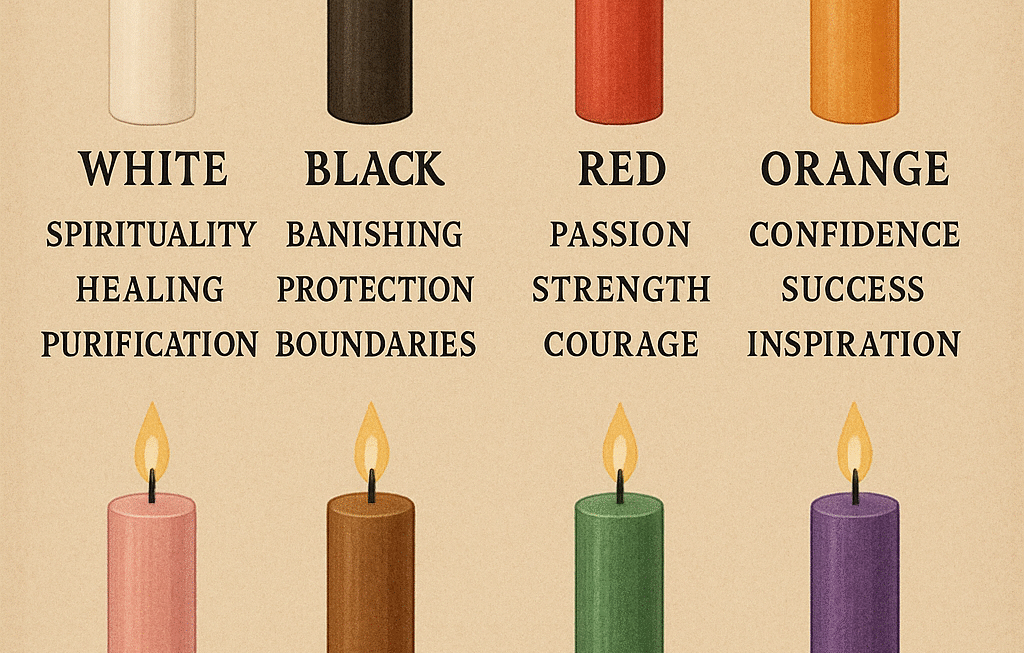In today’s digital age, the anonymity of the internet has brought about a new era of communication. While this has allowed us to connect with people from all over the world, it has also created a breeding ground for cyberbullying. Behind the safety of a screen, people can often say things that they would never dare to say face-to-face. The question is: why do online bullies hide behind their keyboards, and how does this behavior reflect a deeper issue in our society?
The Power of Anonymity
One of the main reasons people feel empowered to bully online is the anonymity that the internet provides. On social media platforms, chat rooms, or comment sections, it’s easy to create a fake identity or hide behind a username, making it hard to trace comments back to a real person. This sense of invisibility allows individuals to say hurtful or malicious things without the immediate consequences that would come with doing so in person.
In the real world, a person is held accountable for their words. When we speak directly to someone, we can see their facial expressions, hear the tone in their voice, and witness the immediate impact of our words. This human connection often serves as a deterrent against cruelty. But online, the distance between people creates a barrier, and bullies feel shielded from the emotional reactions of others.
The Dehumanization of the Other Side
When people communicate through a screen, the other person often becomes just a profile picture or a name on a page. This dehumanization makes it easier for bullies to treat others poorly. Without the physical presence of the other person, it’s easy to forget that the words typed into a chat box or comment section are being read by a real human being, someone with feelings, experiences, and emotions.
This sense of detachment leads to disinhibition, where individuals feel less inhibited by the usual social norms that would prevent them from being cruel in person. In the real world, most people wouldn’t scream insults at a stranger in the street, or publicly shame someone in front of others, but the anonymity of the internet provides a false sense of safety, and that often brings out the worst in people.
The Emotional Distance and Lack of Immediate Consequences
Another factor contributing to online bullying is the lack of immediate consequences. When someone insults or bullies another person face-to-face, they may risk confrontation, retaliation, or simply the social fallout of their actions. Online, however, these consequences are often delayed or nonexistent. Bullies can say something hurtful, then log off and move on, without ever having to face the fallout of their words.
Moreover, the physical distance between the bully and the victim minimizes the sense of empathy. When we are physically present with someone, it’s harder to ignore their feelings. We see the hurt in their eyes, we hear the tremor in their voice, and we feel the impact of our words. But online, there’s no immediate feedback loop to remind the bully of the harm they’ve caused. It becomes too easy to forget that there’s a real person on the other side.
The Ego Boost of “Winning” an Argument
For some online bullies, targeting others is a way to boost their own self-esteem or gain a sense of power. It’s not about the person they’re bullying; it’s about feeling dominant, clever, or superior. In online spaces, where arguments and debates often escalate into personal attacks, bullies may feel as though they “win” by tearing someone down. This inflated sense of self-worth, gained through belittling others, is short-lived and hollow but can feel satisfying in the moment.
In real-life confrontations, the consequences of such behavior—whether in a social setting, at work, or in public—are often far more immediate and impactful. Most people don’t engage in face-to-face bullying because it often leads to social rejection or conflict. However, online, people feel free to make cruel comments with little regard for the social consequences, simply because they are insulated from the reaction of others.
The False Sense of Security
For many online bullies, the false sense of security created by the digital divide reinforces their behavior. They may believe they can say whatever they want without consequence, because they’re not physically present to witness the impact of their words. This belief is only strengthened by the lack of moderation or accountability in many online platforms, where harmful comments often go unnoticed or unaddressed until they escalate into something much worse.
Online platforms are, of course, trying to curb bullying by implementing reporting systems, moderating content, and enforcing community guidelines. But while these efforts are important, the responsibility ultimately lies with individuals to practice empathy, kindness, and respect online. People need to remember that behind every screen is a human being—someone who, like them, feels hurt, disappointment, joy, and love.
Would They Say It in Real Life?
It’s easy to imagine that many online bullies would never say the things they do if they were face-to-face with their targets. The presence of a real person—someone with thoughts, feelings, and a story—often forces people to engage in a more respectful and thoughtful manner. The anonymity of the internet provides a false sense of security, leading many to think that their words don’t matter or won’t be felt by others.
But the truth is, online bullying hurts. The emotional wounds caused by cruel words can be just as deep, if not deeper, than physical harm. The ease with which people can hide behind screens only magnifies the need for greater empathy and accountability in digital spaces.
Ending the Cycle of Hurt
The responsibility to stop online bullying starts with all of us. By being mindful of our own behavior online, supporting those who are targeted by bullies, and encouraging kindness and respect, we can begin to create a more compassionate digital world. If we all paused before hitting “send” on a cruel comment, if we stopped to consider the human being on the other side of the screen, the internet would be a far safer and more welcoming space for everyone.
At the end of the day, the anonymity of the keyboard is no excuse for the harm we cause. We should all ask ourselves: Would I say this to someone’s face? If the answer is no, then it’s time to reconsider the words we use and the impact they have.




